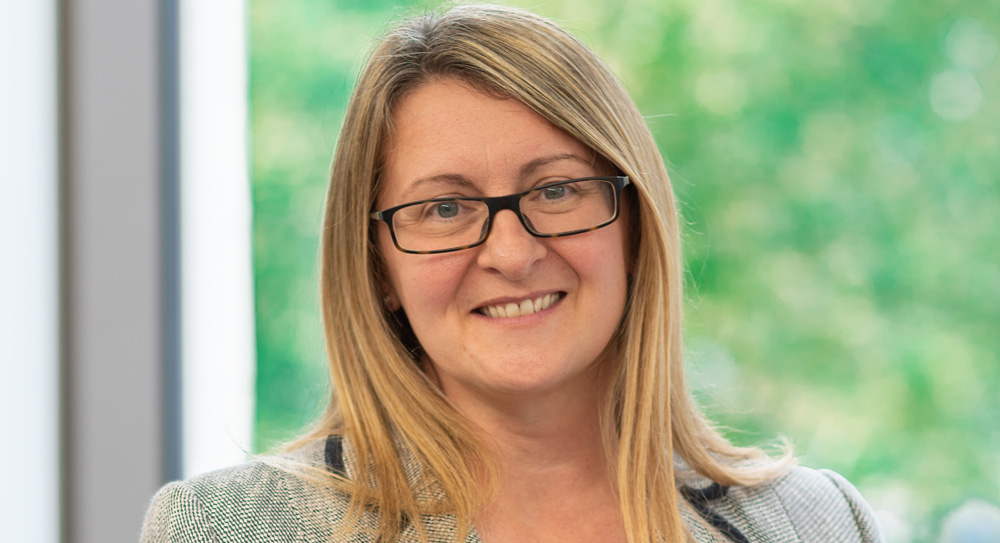Comment: The world has changed - how are lenders and markets reacting?
By Mohith Sondhi, senior director of debt finance at OakNorth
With great challenge comes great opportunity.
The best businesses thrive in times of economic turmoil – this is something I’ve heard time and again from OakNorth’s co-founder and CEO, Rishi Khosla, since I joined the bank six and a half years ago. Since then, we’ve seen Brexit, Covid, and the world is now facing a recession.
As I wrote a few months ago, difficult times lie ahead. A recession is looming, and there are a several factors that could make this one more challenging than its predecessors: economies worldwide are still recovering from Covid, which has led to a global supply chain crisis; the Russia-Ukraine war has strained food and energy supplies causing prices to soar; we will soon have new leadership in British Government who will be tasked with tackling the cost-of-living crisis; and Brexit has led to labour shortages across several industries. Many of the businesses that are being impacted by these challenges launched in the last 12 years – the longest bull market in history – so have never operated through a downturn and therefore may feel unequipped to deal with the uncertainty that lies ahead.
Despite this, I remain optimistic as I know a number of businesses will grow through this period, enhancing and increasing their market position, just as we saw through Brexit and as we are seeing through Covid. I spent over 16 years at RBS and was there during the last recession, so I witnessed how the 2008 financial crisis brought with it a perfect storm that changed the landscape of financial services forever. Regulation was overhauled to facilitate new entrants such as OakNorth and encourage more competition in banking, leading to the birth of dozens of fintechs and neobanks. And the demise of trust in traditional financial institutions made consumers all the more open to considering these new entrants. Indeed, fintech, the crown jewel of the UK tech sector, was born out of the ashes of the Global Financial Crisis. The question now becomes how long will this recession last and how deep will it be?
Tightening up
Historically when facing an economic downturn, decreasing interest rates was the key tool in central banks’ toolbox to stimulate economic activity. This time however, that tool is unlikely to be used as central banks use increasing interest rates to tackle inflation.
So, what does it mean for the funds finance sector? Rising costs due to inflation, lack of consumer confidence due to the cost of living, and rising interest rates, which makes the cost of servicing debt more expensive. All of this puts pressure on business’ cashflows. Borrowers who have over-levered themselves will now face real difficulties in raising capital, especially as their funders seek to protect their own balance sheet. As past recessions have shown, in a downturn, lenders tend to tighten their lending criteria and suck liquidity out of the market. So, they should expect harder access to liquidity as lenders price in a higher macro risk premium.
Funders meanwhile will benefit in the short term from rising interest rates, but credit defaults will start to impact this. We’ve already seen credit default spreads double since January and the expectation is they will continue to widen. Funders will therefore be looking to proactively manage their troubled credits and will provide less leniency on covenants than they would have been willing to in the past. They will become more cautious and focus on existing clients and their back book, rather than originating new loans so there’ll be limited liquidity to new markets. In other words, most banks will be focused on protecting the downside rather than playing for the upside.
At OakNorth, we plan to do both. We will be working with our existing borrowers to help them through the current challenges and future proof their business to protect against things such as energy and rent rate rises. We will also continue originating new loans, going out to market to find new relationships we can forge and businesses we can support. We see this as an opportunity to prove the strength of our credit process and the businesses we lend to, but also to step up at a time when many other funders will be pulling back from the market.
This article was sponsored by OakNorth Bank
This content is free for all our visitors.
Would you like to check out the rest of our fantastic offering? Get in touch with us to discuss our trial and membership options.
Contact usCategories: The ExpertFundraising & fund structuringFund financeOutsourcingBanks






